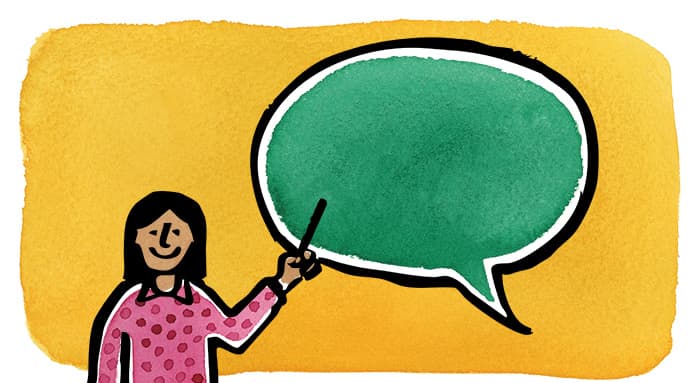
This article is part of an expert-led email course on Inclusive Recruiting. Sign up here to get the next lessons delivered straight to your inbox!
Within an organization, a lot of time can be spent discussing diverse candidate slates, but not as much time is usually spent ensuring interviewer slates are diverse.
That’s a problem.
One in five women report they are often the only woman in the room at work. They are more likely to have their abilities challenged, be subject to unprofessional remarks and are 1.5 times more likely to think about leaving their jobs than women who are not alone.
Here are a few ways to prevent placing a burden on an “Only” in the interviewing process:
- Begin by determining up front who will be part of the interview team. Ensuring diversity of interviewers helps increase the likelihood of success in hiring a diverse candidate.
- Partner with Employee Resource Groups (ERGs) to identify individuals who have the right seniority and skill level to add value to the process.
- Create a schedule, rotate women and other “Only’s” so they are not unduly burdened with supporting the recruitment and hiring efforts.
Use structured interview questions
Standardizing the interview questions helps to minimize bias because it requires you to ask the same question to each candidate for fairness and equity.
It also makes it easier to compare notes on who actually answered your questions and met the requirements, and it causes you to pause and think about what you’re asking rather than just going “off the cuff”.
When interviewing, we have an expectation of the candidate. We expect to hear they are proactive and eager to learn. We want someone everyone else wants, so we want to hear they are well-liked, or they get along well with others.
But what happens when we interview someone who doesn’t meet our expectations?
What then? Do we tune out? Say thank you for coming and never give that person a second thought? Or do we pause, remember to take our personal bias out of the equation and dig a little deeper?
Take introverts as an example.
We realize that not everyone is outgoing and boisterous and just because they aren’t talkative, it doesn’t mean they don’t have something great to contribute. We realize now that in an interview, you have to adapt your style. You might need to draw their inquisitiveness and personality out of them. As an interviewer, it’s your job to stop yourself from judging someone’s quiet demeanor as lack of confidence in their skills.
Think about other reasons someone might not be as outgoing as you’d like. Maybe they come from a culture where it’s inappropriate to shake hands with someone of the opposite sex, to contradict their supervisor, offer an opinion unless solicited, look someone older than them in the eye... these are just a few reasons but there are many others.
We don’t realize how our unconscious bias affects the interviewing process until someone points it out.
So what can you do if you notice a departmental or hiring manager hasn’t made a diverse hire despite having the opportunity to do so repeatedly? If you have heard comments similar to “I would like to hire a qualified woman but I do not want to lower the bar,” a great response is:
“The bar” and who clears its hurdle says a lot about us as a company. Are you really saying there are no qualified women for the job?”
Take the time to evaluate the assumptions we make about others and how those assumptions affect your ability to hire as well as their ability to be hired. With standard processes and some reflection on your goals, you can ensure your interviews are effective and culturally sensitive.
Ready to fight the bias? The right interview tools can help you weed out the unconscious hurdles that keep you from hiring the best person for the job.
Luckily, Breezy’s got your back. With our automated scheduling system, candidates can choose the best time that works for their lifestyle and schedule. Built-in interview guides ensure that everyone on the hiring team knows exactly which questions to ask to keep the interview process as fair as possible.
Want to see for yourself? Try Breezy for free today!
Author Bio

Leading at the intersection of diversity, inclusion, and workplace culture, Stacey focuses on recruitment and career development initiatives. She is CEO of Rework Work, where she delivers keynote speeches, consults with organizations, and develops educational content that engages professionals globally, both in-person and in a virtual environment. She focuses on reworking how companies work; including how they inclusively recruit, hire and engage employees, effectively creating inclusion and belonging for all.




